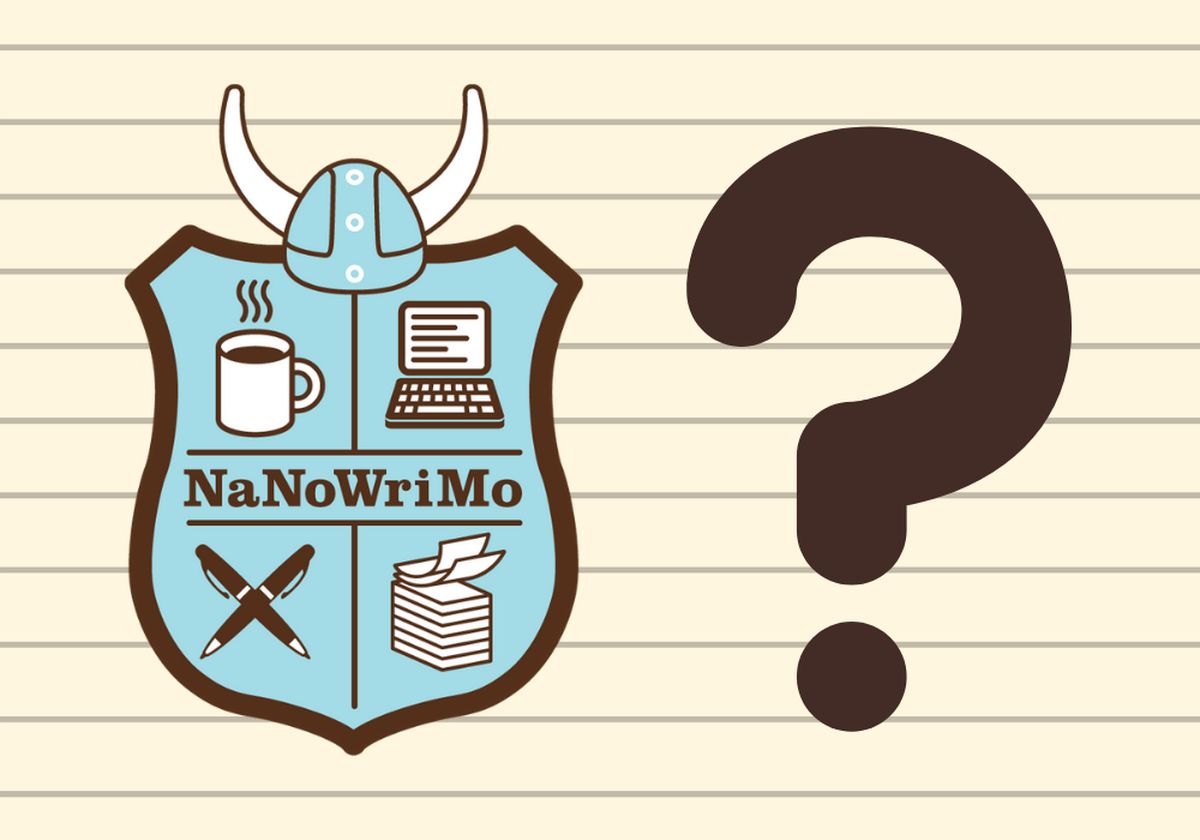and the distribution of digital products.
DM Television
AI usage controversy around NaNoWriMo heats up

The organization behind NaNoWriMo has come under fire following a controversial statement suggesting that opposing AI writing tools might be “classist and ableist.”
Behind the scenes: The AI usage controversy in NaNoWriMo communityNaNoWriMo posted its statement on AI over the weekend, neither fully supporting nor rejecting the technology but highlighting the importance of considering social issues related to its use. The post argued that AI tools could help alleviate the financial burden of hiring assistants and provide support for those with different cognitive abilities.
NaNoWriMo, best known for its annual November writing challenge where participants are tasked with producing a 50,000-word manuscript, had previously acknowledged that while AI could be used, relying on it entirely would defeat the purpose of the challenge. However, this year, the organization expanded its view, stating that while some writers may personally reject AI, others should have the freedom to choose their tools.
 The AI controversy led to a notable resignation from the NaNoWriMo Writers Board (Image credit)
The AI controversy led to a notable resignation from the NaNoWriMo Writers Board (Image credit)
“We recognize that some members of our community stand staunchly against AI for themselves, and that’s perfectly fine. As individuals, we have the freedom to make our own decisions,” stated NaNoWriMo in its latest post.
The statement ignited widespread outrage across social media, particularly on platforms like X and Reddit, where writers and creatives voiced concerns over the use of generative AI in creative work. Some felt that AI devalues artistic expression, while others, including disabled writers, criticized the organization for implying that AI is necessary to accommodate different writing needs.
The controversy led to a notable resignation from the NaNoWriMo Writers Board—Daniel José Older, a key figure in the Star Wars: The High Republic series, stepped down in protest of the organization’s position.
Hello @NaNoWriMo this is me DJO officially stepping down from your Writers Board and urging every writer I know to do the same. Never use my name in your promo again in fact never say my name at all and never email me again. Thanks! https://t.co/KDKZ0zVx3H
— Daniel José Older (@djolder) September 2, 2024
Chuck Wendig, author of Star Wars: Aftermath, sharply criticized NaNoWriMo’s stance on AI, stating:
“Generative AI empowers not the artist, not the writer, but the tech industry. It steals content to remake content, graverobbing existing material to staple together its Frankensteinian idea of art and story.”
This incident adds to NaNoWriMo’s growing list of controversies in recent years. The organization had previously faced scrutiny for a lack of transparency following accusations involving child safety concerns and grooming, as well as criticism for promoting its sponsor’s AI writing tools.
In response to the uproar, NaNoWriMo revised its statement to address concerns about the role of generative AI in the writing world. The update expressed that the organization is troubled by specific misuses of AI, which clash with its values. NaNoWriMo further clarified that AI is a broad technology, encompassing both generative and non-generative forms, and that its complexity makes it difficult to take a definitive stance either for or against.
At a glance:
NaNoWriMo stands for National Novel Writing Month. It’s an annual creative writing challenge that takes place every November, where participants aim to write a 50,000-word manuscript in 30 days. The event encourages writers of all skill levels to focus on completing a novel rather than perfecting it, with the goal of motivating creativity and output.
NaNoWriMo dramaRecently, NaNoWriMo has been at the center of controversy due to its stance on AI writing tools. The organization received backlash after suggesting that opposing AI use in writing is “classist and ableist.” This sparked heated discussions within the creative community, with many writers arguing that AI diminishes the value of human creativity. Additionally, the organization has faced past criticisms regarding transparency, child safety concerns, and its partnerships with companies offering AI-driven writing assistance.
NaNoWriMo rulesKey rules for NaNoWriMo include:
- Participants must aim to write a novel of at least 50,000 words by the end of November.
- The project must be a new, original work. Pre-existing drafts or novels don’t count, though outlining or research before November is allowed.
- Writing must be done between November 1 and November 30, with the word count verified on the NaNoWriMo website.
- Writers can use any genre or style, and while editing isn’t prohibited, the focus is on generating content rather than polishing.
Generative AI tools are allowed, but using them exclusively to write the entire manuscript goes against the spirit of the challenge.
Generating vs. writingThere’s a clear distinction between generating content and the art of writing. While writing involves creativity, intuition, and an emotional connection with the reader, generative AI works on speed and efficiency, assembling content from vast data pools. However, dismissing the force and rapid advancement of generative AI tools entirely is a relic of outdated thinking. Much like the iPhone revolutionized how we communicate and work, generative AI is reshaping how we approach content creation.
To hold too tightly to traditional views without acknowledging the potential of this technology is to risk being left behind in a critical moment of transformation. A delicate balance is necessary—one that protects the integrity of creative writing while allowing for the benefits of AI. Rather than a blanket rejection or blind embrace, what’s needed is a regulatory framework that ensures ethical use.
Featured image credit: Kerem Gülen/Midjourney
- Home
- About Us
- Write For Us / Submit Content
- Advertising And Affiliates
- Feeds And Syndication
- Contact Us
- Login
- Privacy
All Rights Reserved. Copyright , Central Coast Communications, Inc.